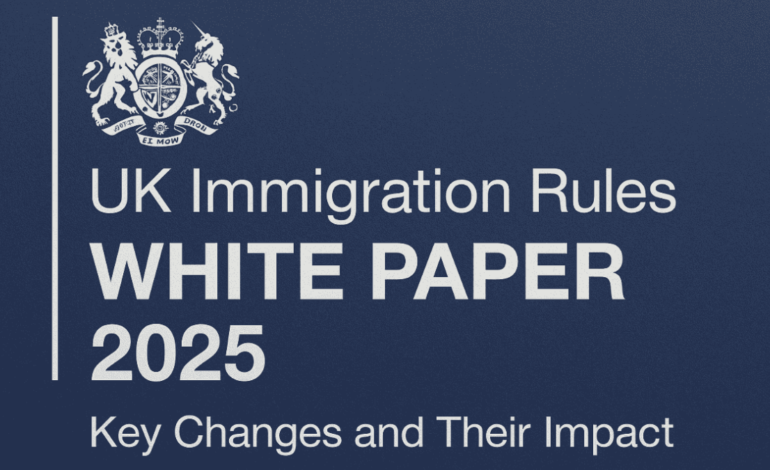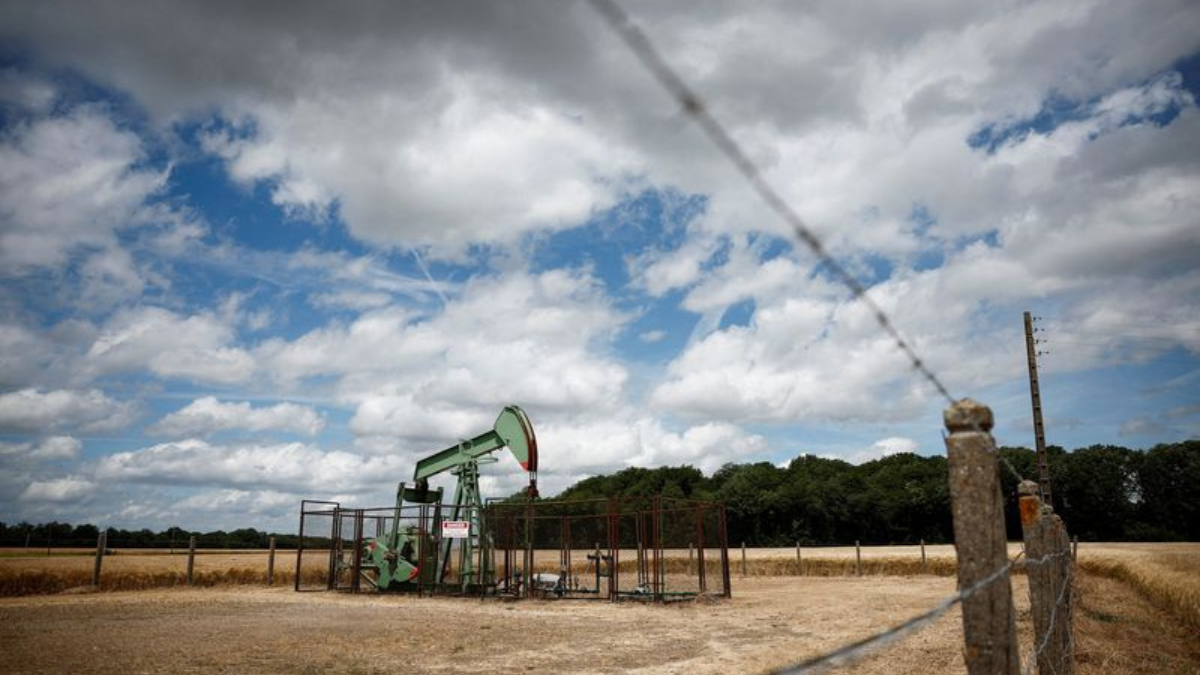Tightened UK Immigration Rules Deepen Workforce Gaps Across Vital Industries

The United Kingdom’s sweeping changes to its immigration rules are causing a talent crunch across core sectors of the economy. Healthcare and construction, both heavily reliant on migrant labor, are reeling from an acute shortfall in workers following the government’s intensified push to curb immigration.
Policy Details and Their Fallout
The reforms, outlined in the government’s latest white paper, “Restoring Control Over the Immigration System,” introduced four key measures:
-
Residency Requirement: Extending the time immigrants must live in the UK before gaining permanent status from 5 to 10 years.
-
Social Care Visa Ban: Halting the issuance of new visas for social care workers.
-
Higher Skill Threshold: Requiring university degrees for most skilled worker visa roles.
-
Language Standards: Increasing minimum English proficiency for all visa applicants.
These steps aim to reduce net migration by over 100,000 annually. However, employers argue that the reforms are outpacing the availability of domestic talent, leading to operational strain.
Healthcare Sector Hit Hardest
The healthcare sector, especially in elderly and social care, is among the most affected. With migrant workers comprising over 15% of the caregiving workforce, the visa ban for social care roles has triggered urgent staffing shortages.
“We’re struggling to recruit care workers quickly enough,” noted a spokesperson from the UK Care Providers Association. “As a result, waiting lists are growing longer, and burnout among staff is becoming a serious concern.”
Construction Delays and Rising Costs
In construction, labor shortages are slowing timelines and increasing project costs. Skilled trades—already in short supply domestically—were being supplemented by EU and international workers, many of whom are now blocked by the new requirements.
The construction industry is currently operating with only 70% of the workforce it ideally needs,” said a senior executive from a leading UK infrastructure company. “This shortfall is already affecting both residential and commercial development projects.
Government’s Stance and Domestic Upskilling Drive
Prime Minister Keir Starmer’s administration argues the changes are necessary to “rebalance” the labor market and encourage British workers to step into historically low-paying, labor-intensive roles.
To support this transition, the government is expanding vocational training and launching incentives for domestic recruitment. Critics say the strategy lacks urgency and fails to address the short-term crisis.
Rain Newton-Smith, Chief Executive of the Confederation of British Industry (CBI), noted:
“These immigration reforms, while well-intentioned, create unintended consequences. We cannot train workers overnight to fill deeply specialized roles.”
Economic and Political Implications
Economists warn the labor crunch could have ripple effects on the UK’s economic recovery, especially amid inflationary pressures and post-Brexit trade adjustments. The opposition has called for a review of the immigration policy’s impact on essential services.








